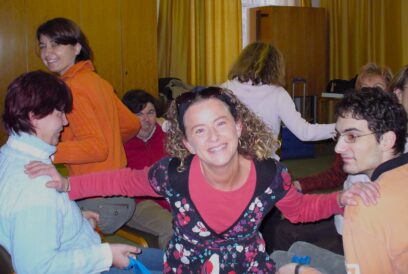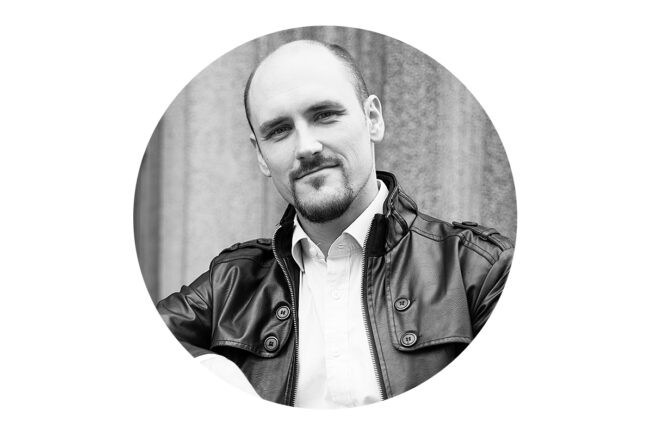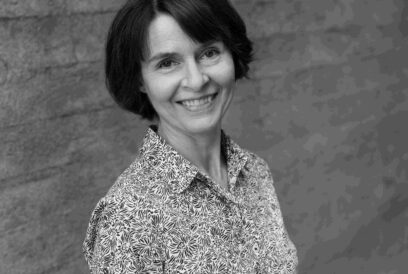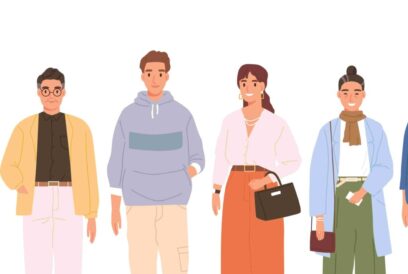

Our best bet in equipping ourselves for the future is to retain a curious, learning mind.
Rely on your neighbour for help when your government cuts your services!
Take to the streets when your new President gets elected on a populist, xenophobic platform!
Make a pact with your local government to learn to co-manage your community!
Embrace lifelong learning as your right! But embrace it also as your burden – a demand for constant improvement to stay competitive in the rat race of the job market.
These are all manifestations of new forms of citizenship in the 21st Century, and examples from this issue. They are ways in which individuals adapt to some of the global megatrends shaping our Western societies: ubiquitous technology, precarious work, interdependent economies, plight of the middle classes, the climate crisis and new forms of grassroots activism.
To be an active citizen of a community, one must understand said community. This is pretty darn hard these days. Global interdependency makes our societies so complex. This gives rise to yet another megatrend, the rise of populism in our political systems, which thrives on making complex issues seem very simple.
Luckily, we in the adult education community are up for the challenge. Cue a war cry: ”adult education must step up and equip citizens with the skills of the 21st Century!”
But wait.
This war cry, too, is an oversimplification of a complex matter. Preparing citizens for the contemporary and future societies is not just about transferring a fixed, predetermined set of skills, such as digital literacy or grassroots community organizing, to learners. A complex environment is in constant flux: we may not even know what skills and strategies will carry us into the next decade, let alone the more distant future.
And of course only a limited part of adult education offers are linked to explicitly teaching citizenship skills. Few offers fall into the category of ”citizenship education” or ”politische Bildung”. The bulk of offers transmit relevant citizenship skills at best informally, as a seedbed for curious, collaborative attitudes.
Perhaps our best bet in equipping ourselves for the future is to retain a curious, learning mind.
Dear reader, you notice that the Elm site looks different. We have redesigned the platform to optimise the mobile usability of the site and to clarify the site structure for the reader. We have also introduced a ”News” section for short content from our correspondents’ network, to keep you better informed on interesting developments from around the continent and globe.





